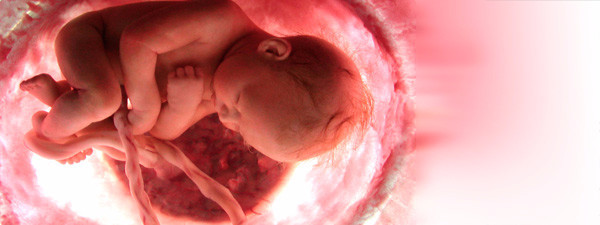How antibiotics work: when they are effective and useless
 Some swallow antibiotics at the slightest coryza, others categorically refuse to take them even with severe pneumonia, considering them terribly harmful. Both that and other approach is absolutely wrong.
Some swallow antibiotics at the slightest coryza, others categorically refuse to take them even with severe pneumonia, considering them terribly harmful. Both that and other approach is absolutely wrong.
Antibiotics really help to cope with many serious infections, but only if taken correctly.
To understand in which case the drug will work, and in which it will be absolutely useless and even harmful, you need to imagine how the antibiotic works in the human body.
Antibiotic – what is this medicine?
Already in the very name of this group of drugs concluded the main principle of their action: anti – against; biotic – life.
Antibiotics are substances of natural origin, which have the ability to destroy other live microorganisms or to prevent their reproduction. In nature, antibiotics are produced by some microorganisms as their metabolic products.
Antibiotics are used in pharmacology:
natural – grow microorganisms on nutrient media;
semi-synthetic – add to natural other substances to improve their properties;
synthetic – receive completely chemical synthesis.
Not all antibiotics are chemically prepared.
Strictly speaking, the latter are attributed not to antibiotics, but to antimicrobial drugs, but in everyday life we also call them antibiotics.
How do antibiotics work?
In simple terms, antibiotics act in two ways.
1. Destroy microorganisms, in this case they are called bactericidal. As a rule, they destroy the wall of the bacterium that protects it. And the bacterium dies.
2. Do not allow microorganisms to grow and multiply. These are so-called bacteriostatic antibiotics. They act on the shell through which the microorganism receives nourishment and removes metabolic products, the cytoplasmic membrane.
As a result, the metabolism of the bacteria is disturbed and it ceases to develop. Another effect of bacteriostatic antibiotics is to inhibit protein synthesis in bacteria. The result is the same – the cell seems to freeze.
What do antibiotics do and don’t do
Most infections are caused by bacteria, viruses, and fungi.
Antibiotics act on different types of bacteria and fungi.
Antibiotics do not work against viruses.
To understand why antibiotics are powerless against viral infections, you need to imagine what a bacterium and a virus are.
Antibiotics will not help against viral infections.
The bacterium is a unicellular microorganism, that is, a cell that lives in the body – on the skin and mucous membranes. Pathogenic bacteria can enter human plasma (bacteremia). The antibiotic penetrates the bacterium-cell and produces its destructive effect.
The virus is much smaller than a bacterium, you will not even see it in an ordinary microscope, only in an electronic one. It represents DNA or RNA (nucleic acids carrying genetic information) enclosed in a shell of protein. The virus can only be in someone else’s cell. Penetrating into it and integrating into its genome, it begins to multiply, causing illness.
That is why the antibiotic is not able to cope with viruses – it simply can not get them.
When can antibiotics help?
Antibiotics are prescribed for bacterial infections of various organs and systems:
respiratory – bronchitis, pneumonia;
urinary – cystitis, pyelonephritis;
digestive – peptic ulcer, gastritis;
nervous – encephalitis, meningitis;
ENT organs – sore throats, otitis media, sinusitis;
skin – boils.
Special antibiotics work against fungal infections, tuberculosis, syphilis.
In case of diseases caused by viruses, antibiotics are prescribed if a bacterial infection joins the virus.
When are antibiotics powerless?
1. Antibiotics will not help in case of viral diseases: influenza, ARVI, childhood infections (measles, mumps, rubella, etc.), HIV, etc.
Before taking antibiotics, you need to consult a doctor
2. An antibiotic may not work if it is selected incorrectly. So, there are broad-spectrum and narrow-spectrum antibiotics. The former work against various pathogenic microorganisms, the latter act only on certain groups of bacteria.
For example, penicillin preparations will be effective against gram-positive bacteria, but will not help with tuberculosis or infection caused by gram-negative bacteria.
3. A specific antibiotic may be useless if the pathogen has resistance to it, that is, resistance.
Such resistance occurs under the action of mutations of bacteria as a result of continuous use of the drug. Bacteria are living organisms, and they tend to adapt to changing conditions. This property causes resistance to a particular antibiotic. Moreover, bacteria can transmit such resistance to their next generations, and then the drug stops working against a certain bacterial infection.



